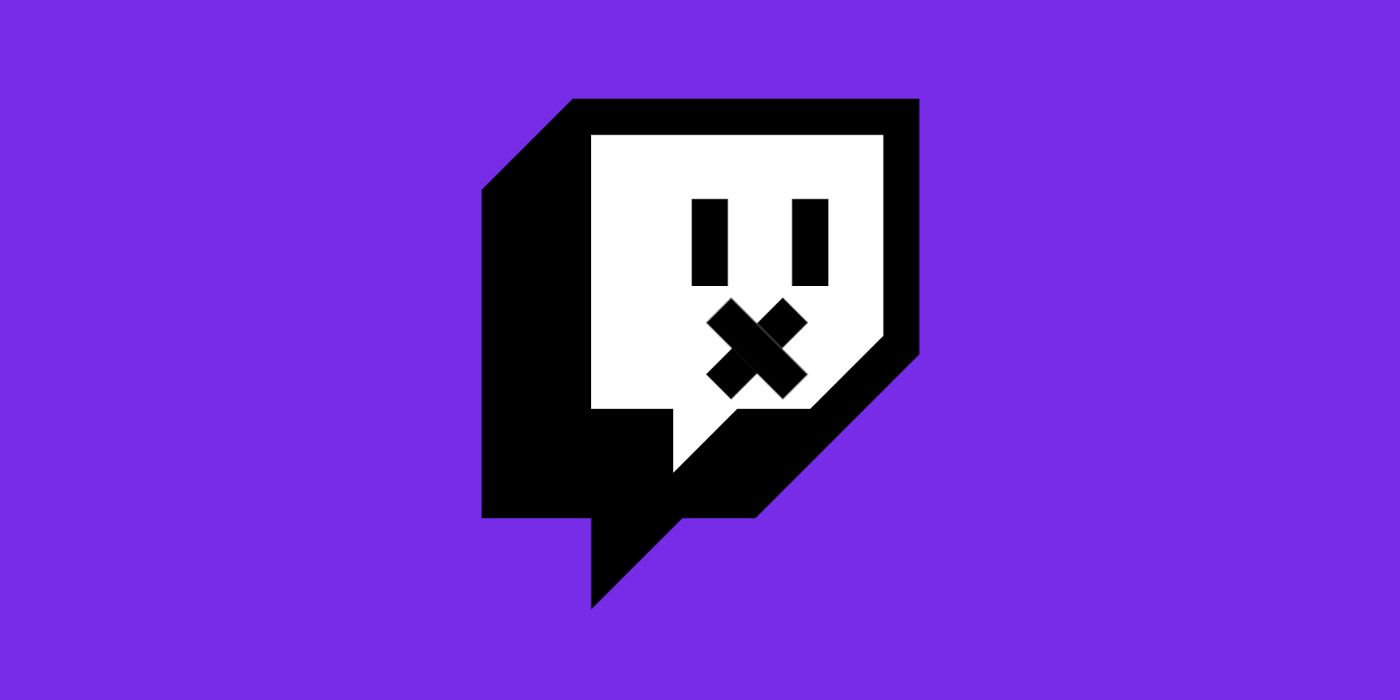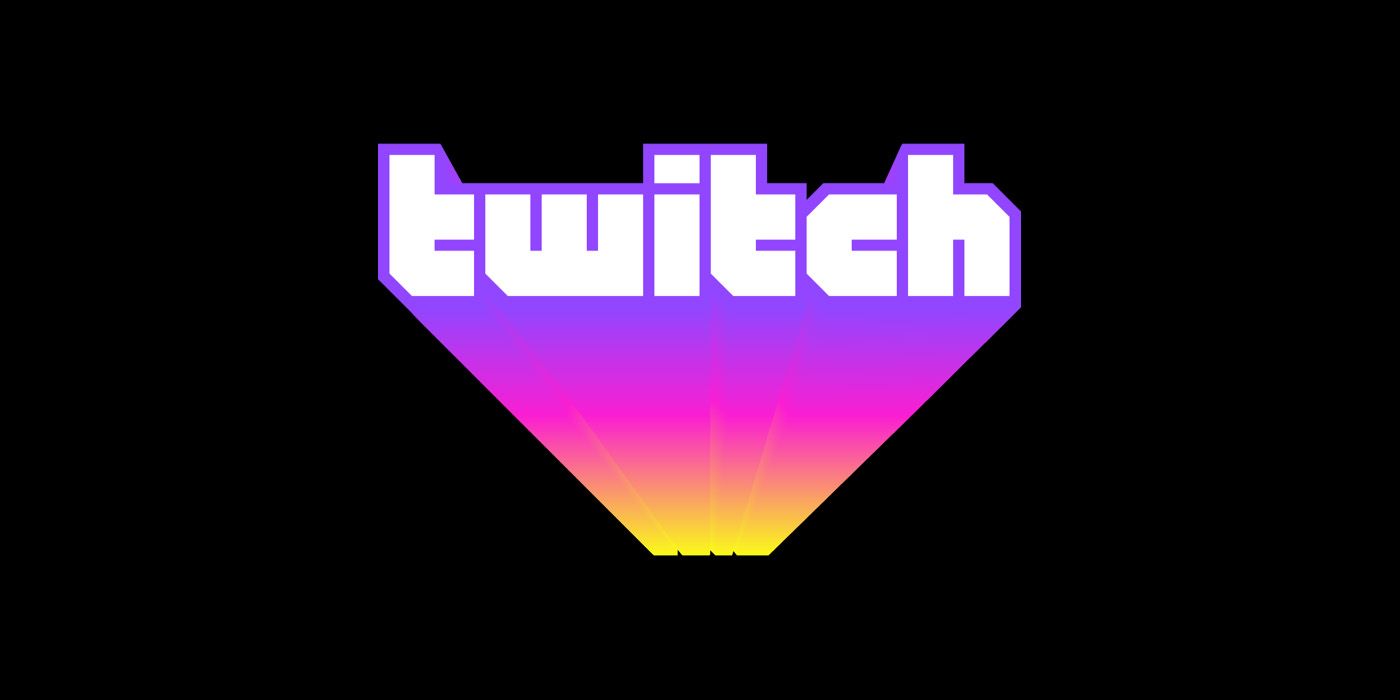
Twitch is making good on its promise to make dealing with DMCA takedown requests easier for its streamers. The DMCA, or the Digital Millennium Copyright Act, is essentially a law that prevents the creators of online content from using copyrighted material without permission. This content usually takes the form of clips from television shows, movies, music, and any other type of media that the distributor does not own the rights to. Regarding Twitch, DMCA takedown requests happen most often when streams, whether intentionally or otherwise, play copyrighted music as part of their streams. Violations can result in the video being taken down or the streamer’s account being suspended or banned outright.
Although the DMCA was passed in 1998, it was not particularly well enforced until recently. Last summer, Twitch saw a significant spike in the number of DMCA takedown requests pertaining to videos uploaded in the previous three years. While Twitch’s rules never actually changed regarding its copyright policies, this sudden influx of takedown requests resulted in a great deal of confusion from streamers, some of whom found themselves receiving strikes for videos they had hosted as far as back as 2017. This meant that many streamers had to quickly take down several years’ worth of videos very quickly–a task that Twitch stated they would help with last July.
Today, The Verge (via GameSpot) obtained an email following up on that promise. The email states that Twitch is releasing new tools to help streamers mass-delete older videos and see where they stand on existing copyright claims. Streamers will also be receiving direct messages in their inboxes regarding takedown requests, which should help them figure out which of their videos are in violation and why. If all goes well, these tools – as well as others coming later this year – should help Twitch users stream without worrying about getting into legal trouble.

Other tools already exist to help streamers navigate these waters, particularly as they relate to music. On Spotify, several users made playlists that are completely comprised of copyright-free music, making them viable for use on streams. Other programs, such as Soundtrack by Twitch, is a music player that also only features copyright-free music and can be integrated fairly easily into Twitch streams. Of course, streamers also have the option to make their own music to play on streams, although that option is generally not as realistic for everyone.
Although Twitch’s new options for dealing with DMCA rules feels as though it’s come too late, it should be noted that the company did provide them within a year of the initial announcement. However, it’s still something Twitch should have kept an eye on from the beginning. Many streamers could have avoided having to use these tools in the first place if they had known they were doing something wrong, and although having the option to delete multiple videos at a time is convenient, it is still undoubtedly a setback for streamers who have been building their libraries for years. Hopefully the future tools that Twitch has in the works will help catch these situations before such measures need to be taken.
Source: The Verge (via Game Spot)
from ScreenRant - Feed https://ift.tt/3bU8aWO

No comments: